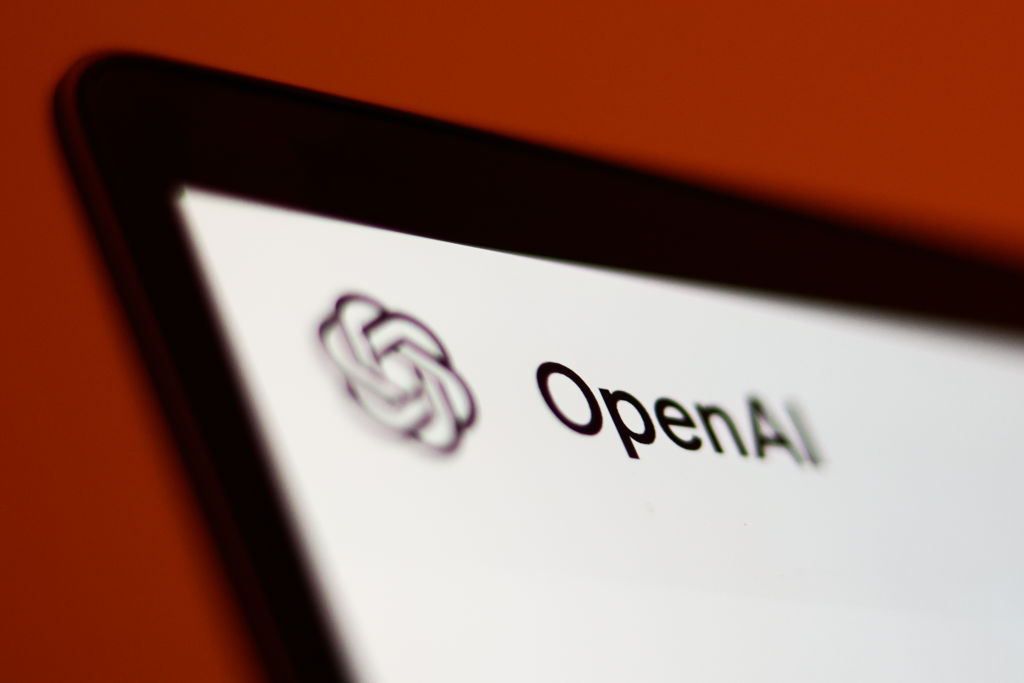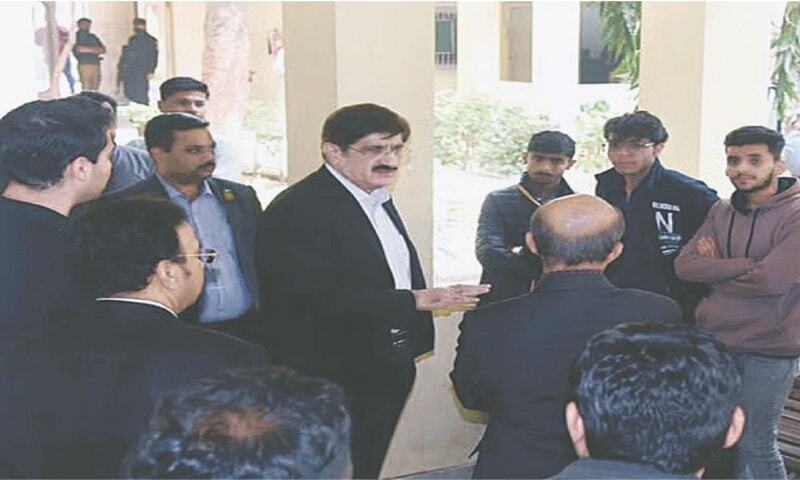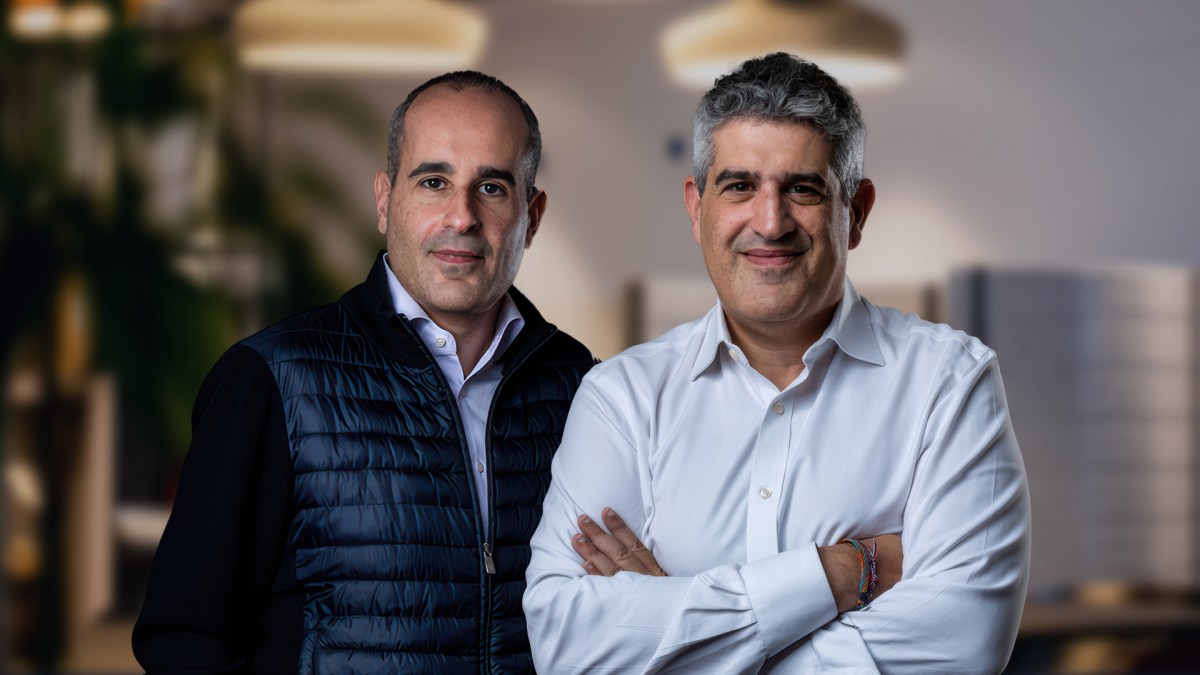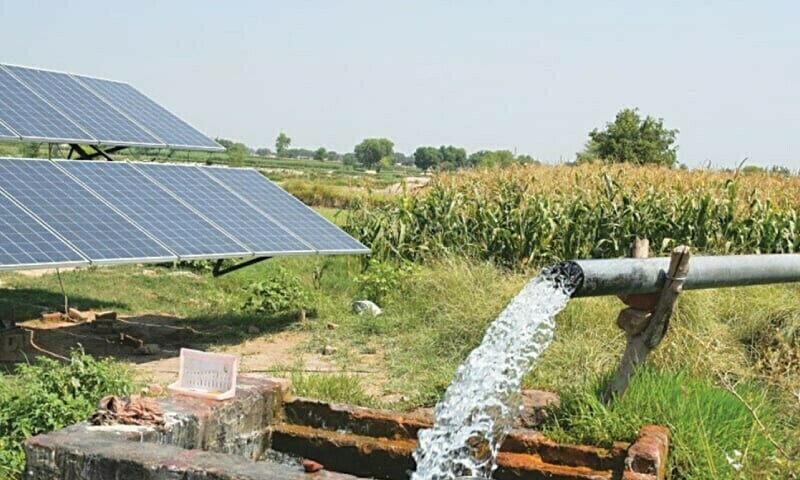OpenAI says that it will team up with Japanese conglomerate SoftBank and with Oracle, along with others, to build multiple data centers for AI in the U.S.
The joint venture, called The Stargate Project, will begin with a large data center project in Texas and eventually expand to other states. The companies expect to commit $100 billion to Stargate initially and pour up to $500 billion into the venture over the next four years.
They promise it will create “hundreds of thousands” of jobs and “secure American leadership in AI.”
“The Stargate Project is a new company which intends to [build] new AI infrastructure for OpenAI in the United States,” OpenAI, Oracle, and SoftBank said in a joint statement. “This project will not only support the re-industrialization of the United States but also provide a strategic capability to protect the national security of America and its allies.”
The companies made the announcement during a press conference at the White House on Tuesday, where President Donald Trump spoke about plans for investment in U.S. infrastructure. SoftBank chief Masayoshi Son, OpenAI CEO Sam Altman, and Oracle co-founder Larry Ellison were in attendance.
Microsoft is also involved in Stargate as a tech partner. So are Arm and Nvidia. Middle East AI fund MGX will join SoftBank in its investment; MGX’s first public deal was an investment in OpenAI.
SoftBank, OpenAI, and Oracle are also listed as “initial equity investors” in Stargate.
“SoftBank and OpenAI are the lead partners for Stargate, with SoftBank having financial responsibility and OpenAI having operational responsibility,” the statement continued. “Masayoshi Son will be the chairman [of Stargate] […] As part of Stargate, Oracle, Nvidia, and OpenAI will closely collaborate to build and operate this computing system.”
The data centers could house chips designed by OpenAI someday. The company is said to be aggressively building out a team of chip designers and engineers, and working with semiconductor firms Broadcom and TSMC to create an AI chip for running models that could arrive as soon as 2026.
SoftBank is already an investor in OpenAI, having reportedly committed $500 million toward the AI startup’s last funding round and an additional $1.5 billion to allow OpenAI staff to sell shares in a tender offer. Oracle, meanwhile, has an ongoing deal with OpenAI to supply AI computing resources.
Softbank also earlier pledged to invest $100 billion in the U.S. over the next four years. Son and Trump have had a close working relationship since 2016, during Trump’s first term, when Son announced that SoftBank would invest $50 billion in U.S. startups and create 50,000 jobs.
The Information previously reported that OpenAI was negotiating with Oracle to lease an entire data center in Abilene, Texas — a data center that could could reach nearly a gigawatt of electricity by mid-2026. (A gigawatt is enough to power roughly 750,000 small homes.) Data center startup Crusoe Energy was said to be involved in the project, which was estimated to cost around $3.4 billion.
That Abilene site will be Stargate’s first site, and OpenAI says that Stargate is “evaluating potential sites across the country for more campuses as [it finalizes] definitive agreements.”
It’s unclear what connection, if any, Stargate has to a rumored partnership between Microsoft and OpenAI to spin up a $100 billion supercomputer. TechCrunch has reached out to OpenAI for additional information.
Last year, The Information reported that Microsoft and OpenAI would build a series of data centers for AI beginning in five stages over the next several years, culminating in Stargate: a 5-gigawatt facility spanning several hundred acres of land. Stargate was expected to take between five and six years to complete, according to The Information. In the lead-up to its completion, Microsoft had reportedly planned to launch a smaller-scope data center for OpenAI around 2026.
A number of tech leaders have called for the U.S. to up its investment in data centers, particularly as the AI industry continues to grow at an explosive pace. AI systems require enormous server banks to develop and run at scale.
Goldman Sachs estimates that AI will represent about 19% of data center power demand by 2028. OpenAI has blamed a lack of available compute for delaying its products, and compute capacity has reportedly become a source of tension between the AI company and Microsoft, its close collaborator and major investor.
Microsoft, which recently announced it is on track to spend $80 billion on AI data centers, said in a recent blog post that the company’s success depends on “new partnerships founded on large-scale infrastructure investments.” In an interview with Bloomberg, Altman said that he believes it is urgent that what he perceives as barriers to building additional data center infrastructure in the U.S. be cleared.
“The thing I really deeply agree with [President Trump] on is, it is wild how difficult it has become to build things in the United States,” Altman said in that interview. “Power plants, data centers, any of that kind of stuff. I understand how bureaucratic cruft builds up, but it’s not helpful to the country in general.”
Massive data center projects have vocal critics who say that data centers often create fewer jobs than promised and tend to have severe environmental impacts. Data centers are typically water hungry, placing a strain on regions with insufficient water resources, and their high power requirements have forced some utilities to lean heavily on fossil fuels.
Those concerns don’t appear to be slowing investments any. Per a McKinsey report, capital spending on procurement and installation of mechanical and electrical systems for data centers could eclipse $250 billion in the next five years.
In January, Trump announced that Hussain Sajwani, an Emirati billionaire businessman who founded the property development giant DAMAC Properties, will invest $20 billion in new data centers across the U.S. Industry insiders have expressed skepticism of the deal’s concreteness, however.





Leave a Reply